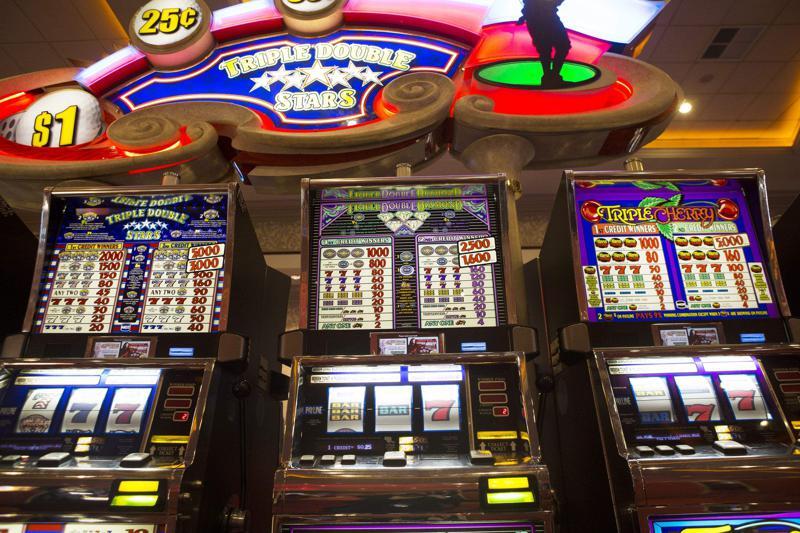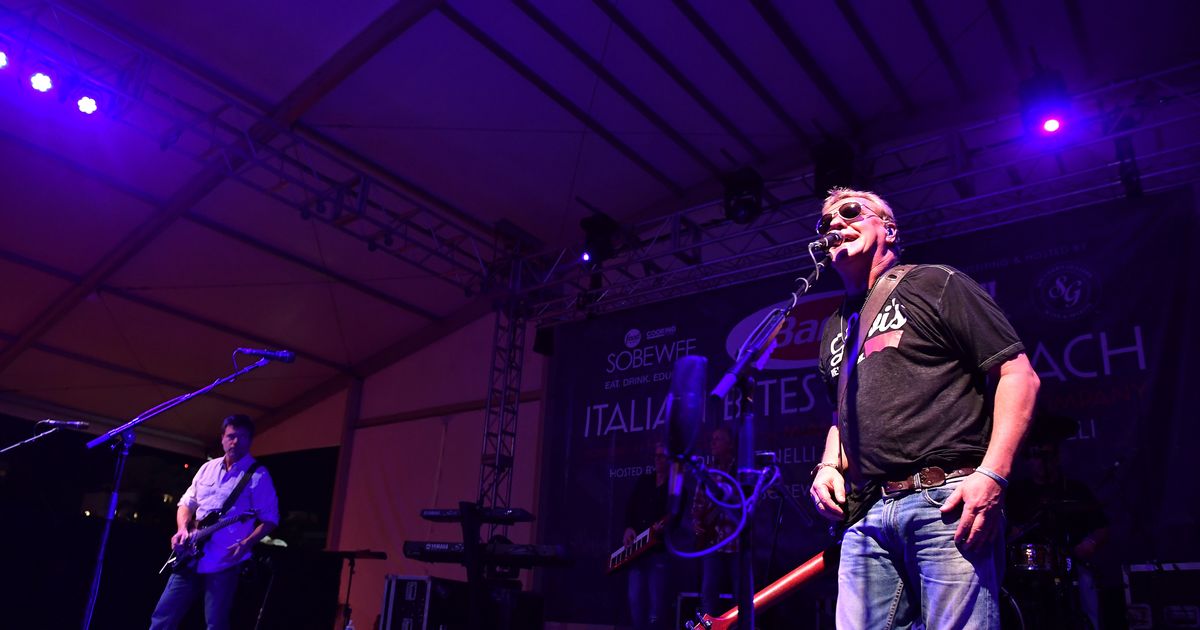The Gazette offers audio versions of articles using Instaread. Some words may be mispronounced.
DES MOINES — Attendance and revenue at Iowa’s 19 state-regulated casinos dipped slightly for a second consecutive year, according to state gaming data.
Industry experts say those figures merely are leveling out after the industry posted big numbers in the first years coming out of the height of the COVID-19 pandemic.
But at the same time, legal sports betting in Iowa hit a record in fiscal 2024 — and combined, that translates into bettors wagering over $11.8 million a day on average at the state-licensed casinos and sportsbooks.
The gross adjusted receipts for the 19 Iowa casinos regulated by the state — not including sports betting — peaked at an all-time high of $1.77 billion in the 2022 state budget year, according to figures from the state’s nonpartisan Legislative Services Agency. Experts believe casino attendance and spending spiked that year in part because people were looking for entertainment after restrictions limited such options early in the pandemic.
Statewide casino revenue dipped slightly to $1.76 billion in the 2023 state budget year and to $1.72 billion in fiscal 2024, or an average of nearly $4.7 million a day, according to the agency’s figures.
Attendance at the 19 casinos also has fallen over the same period. After dipping early in the pandemic, statewide admissions rebounded to 17.5 million in fiscal 2022. But that number fell to 17.1 million in 2023 and 16.9 million in 2024.
With two years of regression in both revenue and admissions, industry experts point to multiple potential factors but also agree that it is not time to sound the alarm — especially since revenue remains above pre-pandemic levels.
While statewide revenue dipped slightly to $1.72 billion in the 2024 budget year, that’s still well above the previous highs of roughly $1.46 billion in 2018 and 2019.
And the statewide revenue drops that followed the spike were minimal as a share of overall revenue. The drop from 2022 to 2023 was just 0.6 percent, and the drop from 2023 to 2024 was 1.8 percent.
“When we look at fiscal year 2022, that’s a great year. In fact, it’s an all-time, record-breaking year. So I would say it’s hard to hold all other years to that standard,” said Tina Eick, administrator of the Iowa Racing and Gaming Commission. “We are seeing maybe more of a rightsizing or reversion to the market that we were seeing before.”
The addition of casino gaming in Nebraska could be playing an outsize role in Iowa’s latest statewide numbers. The Horseshoe Casino in Council Bluffs has seen the biggest drop in revenue over the past three years, according to figures from the commission.
The Horseshoe’s adjusted gross revenue was $212 million in the 2022 state budget year, according to the figures. That fell to $205 million in fiscal 2023 and to $187 million in fiscal 2024.
“Obviously, we’re facing some competition in some other states. Nebraska has gaming that’s coming on for the first time,” Eick said. “Anytime a new casino opens, everybody wants to go and check out the new facility.”
Casino attendance and gaming also can be impacted by the economy, said Wes Ehrecke, president and chief executive officer of the Iowa Gaming Association, the nonprofit organization that advocates for state-regulated casinos.
Ehrecke said basic cost of living increases driven by inflation may have kept some people away from Iowa casinos over the past two years.
“Certainly all those (basic costs) increased during that time, so people tighten their belts more,” he said.
Sports betting hits record
Legal sports betting in Iowa similarly spiked in the 2022 state budget year: The statewide sports wagering handle — the amount of money bet on sports in the state — more than doubled from $1.2 billion in 2021 to $2.5 billion in 2022, according to regulators’ figures.
But while that figured dipped just a bit in 2023, to $2.2 billion, it rebounded to a new high of $2.6 billion in fiscal 2024. That comes to an average of more than $7 million per day.
How is Cedar Rapids casino proposal affected?
Whether these statewide revenue and attendance figures will impact the Iowa Racing and Gaming Commission’s pending ruling on a new license for a casino in Cedar Rapids remains to be seen, experts said.
California-based Peninsula Pacific Entertainment, the proposed casino operator, and the Linn County Gaming Association, the nonprofit affiliate and charitable arm of the Cedar Rapids Development Group, the proposed developers of the Cedar Crossing Casino, formally presented plans last month to the state gaming agency for its proposed $275 million development that would be built on the former Cooper’s Mill site on the city’s northwest side.
During a Nov. 20 public comment meeting in Cedar Rapids, opponents of the proposed Cedar Rapids casino warned a new facility would cannibalize revenues from other Iowa casinos and dilute, not increase, the state’s gambling market. At the event, casino operators and business, government and nonprofit leaders from Davenport, Dubuque, Waterloo, Cedar Falls, Riverside and the Meskwaki Nation said Iowa’s gaming market is saturated.
The Iowa Racing and Gaming Commission in August selected two vendors to complete a market study on the potential impacts of a new casino in Cedar Rapids. Those studies are due at the end of December and will be publicly presented at the commission’s January meeting.
“I anticipate that those may be some of the questions that they get asked from the commissioners, as far as, ‘What trends do you see? What impact do you see?’” Eick said. “All of those, I think, will be great questions for that market study.”
Tom Barton of The Gazette Des Moines Bureau contributed to this report.
Comments: (515) 355-1300, erin.murphy@thegazette.com
Get the latest Iowa politics and government coverage each morning in the On Iowa Politics newsletter.





